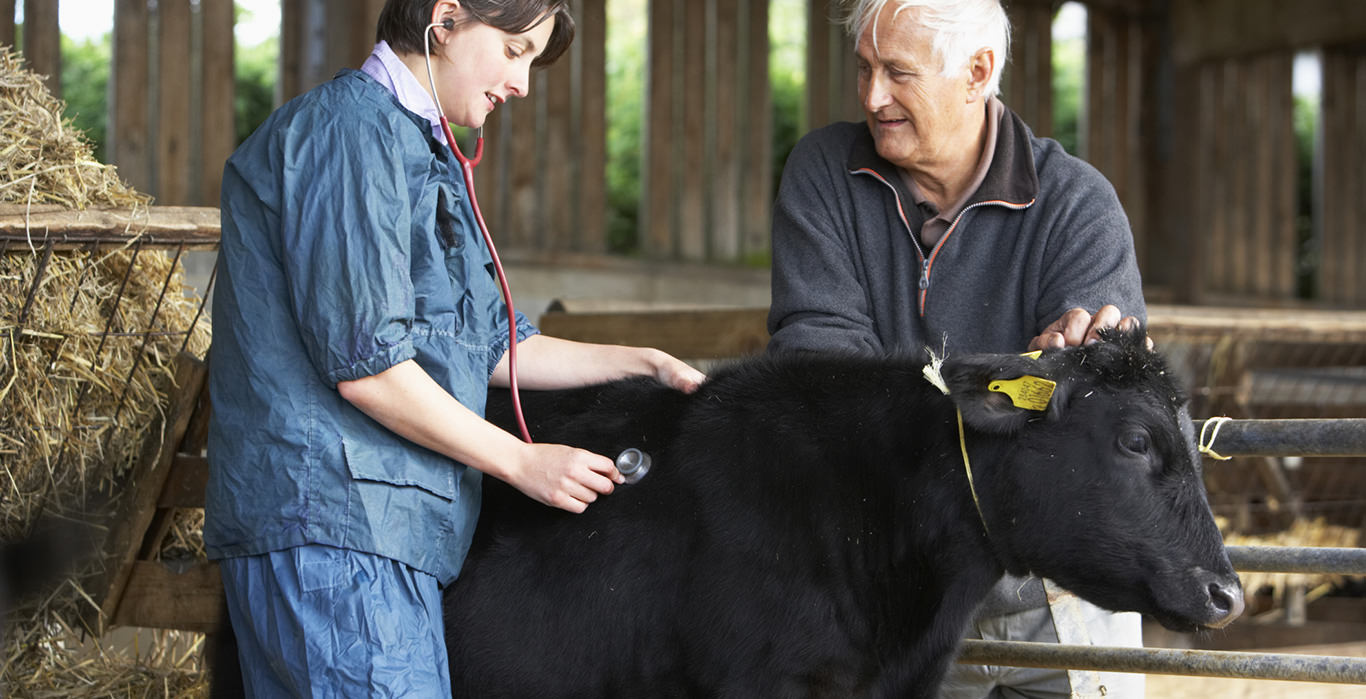A cow that is well fed and well housed, is a cow in top condition that produces milk of high quality. For this reason, the farmer cares for the health of his animals, in particular during milking, a special moment with the animal. Before milking each cow, the farmer inspects the udder, the teats and the first streams of milk.
Before milking, the farmer prepares the udder of each cow; he cleans it so that it’s in sanitary condition. If the cow is ill and receives treatment veterinarian, the farmer notes it in his records. Its milk is left aside for the duration of its treatment, for a duration determined by the veterinarian. Beyond that, the milk is destroyed after a waiting period defined by the veterinarian.
